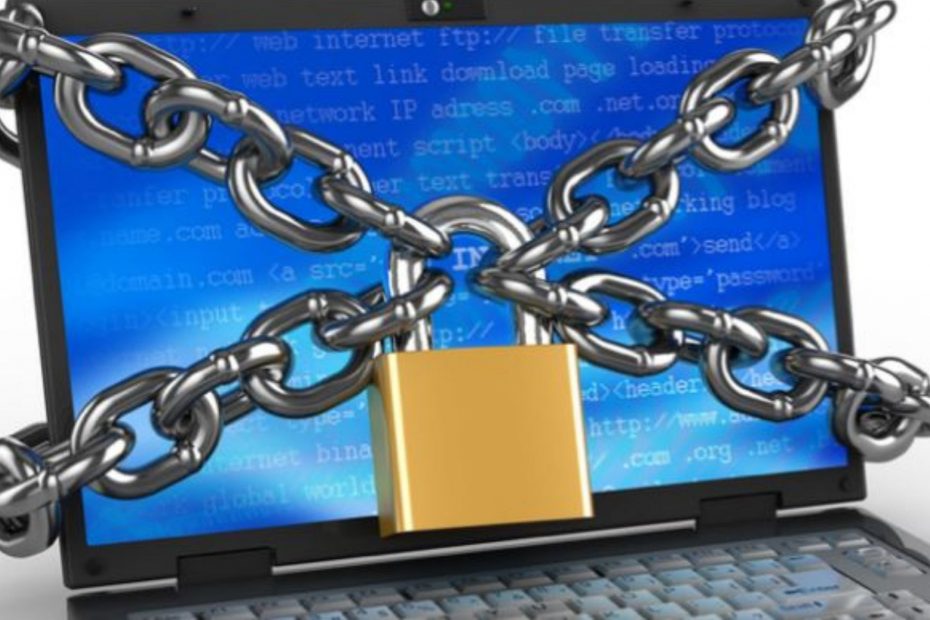Over the last ten years, social media has become a huge part of every brand’s marketing presence. Not only are brands using social media to market to consumers, but they’re also using it to make personal connections that can last a lifetime.
Unfortunately, these same social media accounts can be hacked. This can ruin a once perfect social presence, results in confidential information theft, and even be done just for the LOLz. A bad hack could impact your business for years to come, and it can all start from:
- A phishing scam
- Old apps
- Sharing information you shouldn’t
- Poor public WiFi choices
- Not using modern sign in tools
- Neglecting your security software
And the list can go on. Fortunately for you, there are ways to protect your branded social media account from hacking. Read this guide for the most common ways to protect your company, and your customers!
Protect your social media account
Passwords are your most powerful protection tool
Despite numerous security experts saying this time and time again, passwords are still weak across the board. Read any list of the most popular passwords and you’re bound to see ‘password,’ and ‘123456’ near the top of the list.
 Make sure you get this right before looking at your other security needs for your social media:
Make sure you get this right before looking at your other security needs for your social media:
- 8 characters is a bare minimum. Longer is better, I’m currently using 15.
- Use upper and lower case letters.
- Use numbers and symbols.
- Create different passwords for each platform.
If you’re like most people you can only remember so many passwords. Look into using a password manager if this is the case. It can create and store strong passwords for you, protecting each account against a security breach by using different passwords. The worst case scenario you can face in a social media hack is if you use the same login/password combo on multiple sites and they all get hacked.
Delete old third party apps
If you’re using a social media dashboard, the odds are good that you don’t need any other third party application at all. Take a look at all of the third-party apps you’ve signed up for, and permanently delete those which you’re not using.
For the accounts that you choose to keep, check their information sharing settings. Some of these third party apps are poorly designed and allow hackers backdoor entry into the main application.
Check what you’re sharing in your posts
As a brand, you typically want everyone to see your posts. While this can be great to help your customers know what’s going on, it can also help thieves who are following your account just to discover a weakness.
For instance, should you post that you’re going to be away from your business for an extended period of time with no one attending? Likely not as an empty store is one that can be broken in to. Posting any sort of regular routine, like when you go on break, when you visit the bank, or when the ATM guys stop by, is also a big mistake. If it’s information that can be exploited, you don’t need to share it.
Use a VPN when signing in from public WiFi
Public WiFi is one of the most dangerous digital environments there is. Any number of hacks can occur in public, with the Evil Twin WiFi Hack being the most popular. Fortunately, they can all be stopped by a little bit of encryption.
If you don’t understand encryption, don’t worry. Signing up for a
Sign up for two-step authentication
Here’s the worst case scenario happening as a hacker has your:
- Email address
- Username
- Password
- Security question answers
But they still can’t get into your account! Why? Because you have turned on two-factor authentication. This creates an additional step for new login attempts from computers the website you’re using doesn’t recognize. The additional step sends a one time code to your phone or email which must be entered to gain access to the account.
Norton site two-step authentication as key tool in password protection in this quick 30 second tutorial:
https://www.youtube.com/watch?v=pLYXGL912Z8
Security software is still relevant
You’d think that we’d have solved malware, viruses, and computer worms by now, but we haven’t. They are still prevalent, and you still need specialized security software to protect your computers and your social media accounts.
It’s not quite a sexy as full encryption protocols like you get with a
If you’re not familair with security software, watch this
Feature image via Mmaxer / Shutterstock

